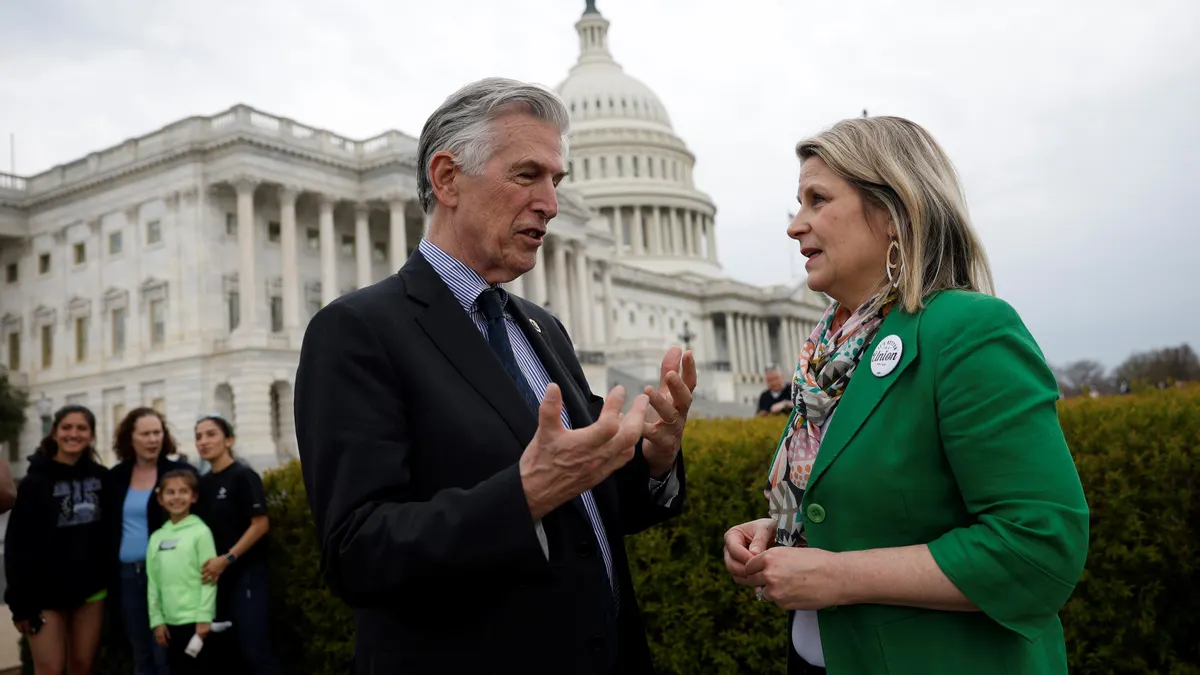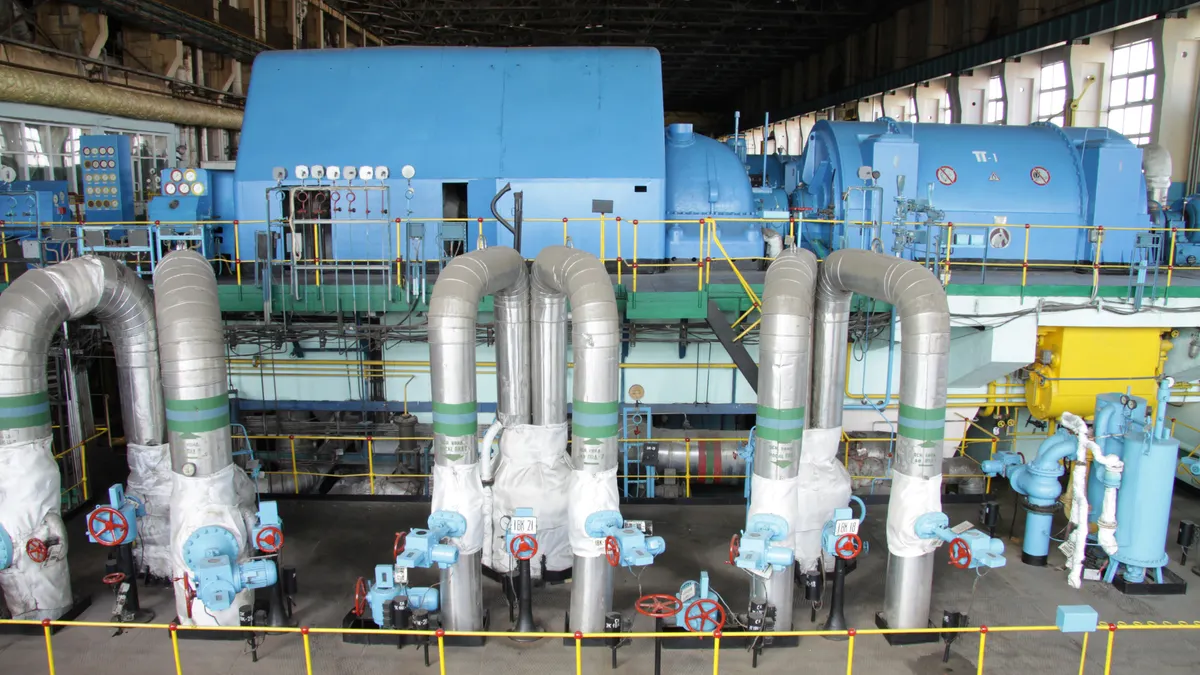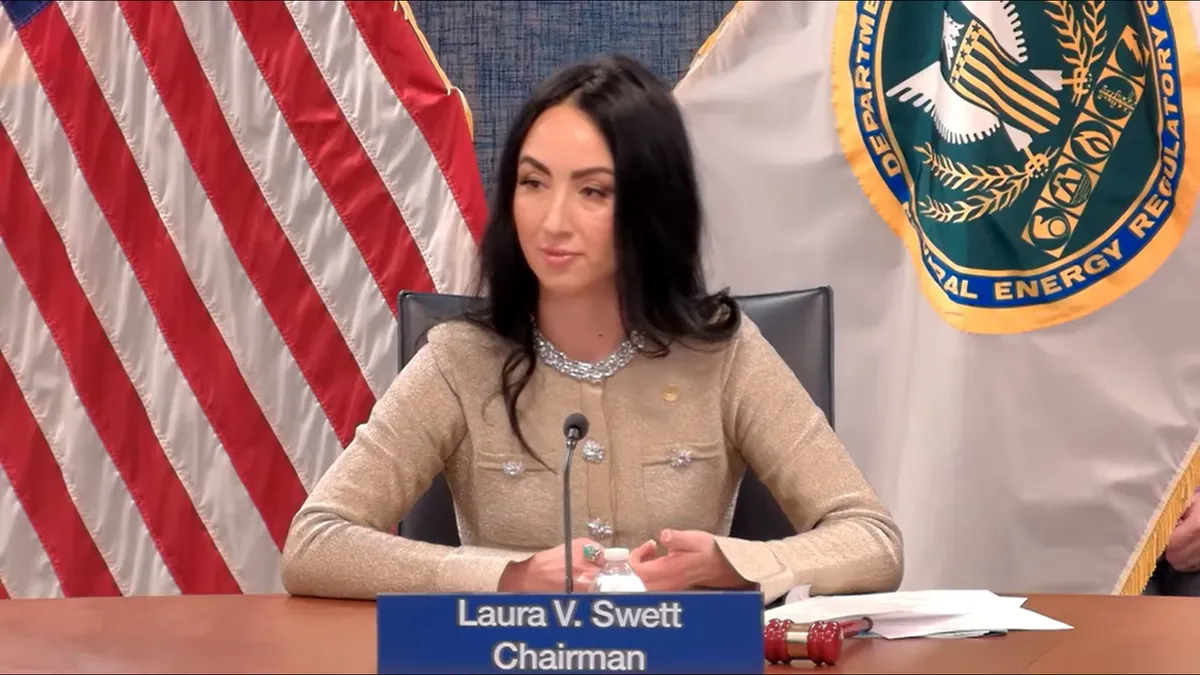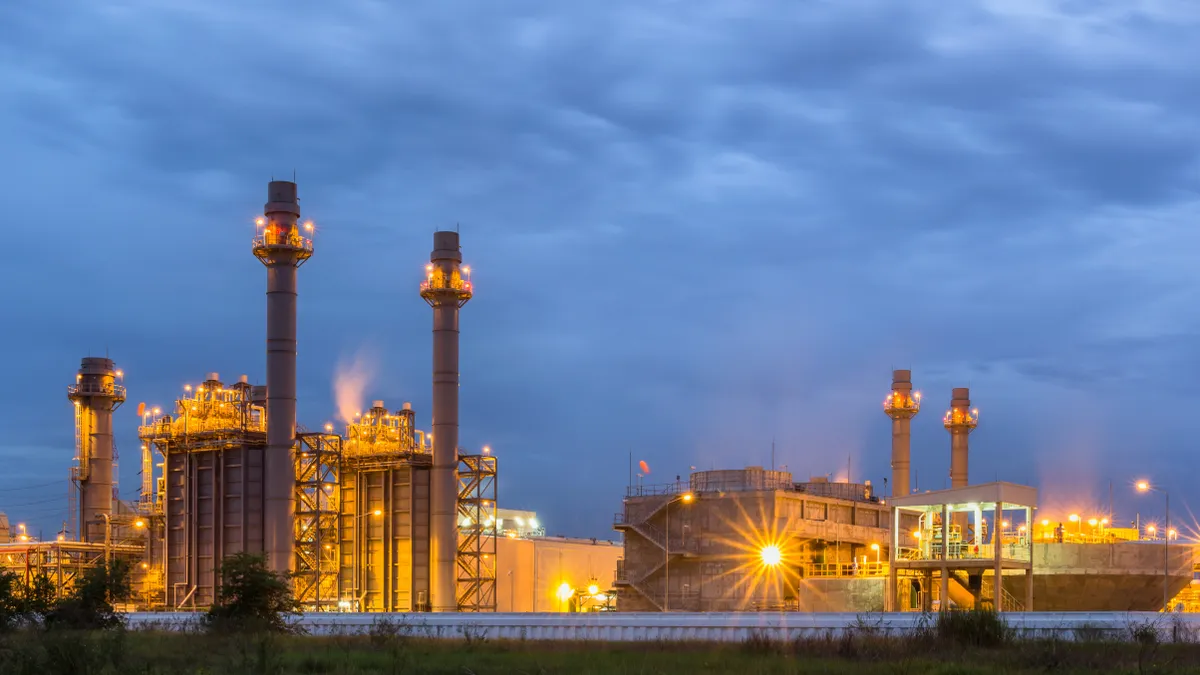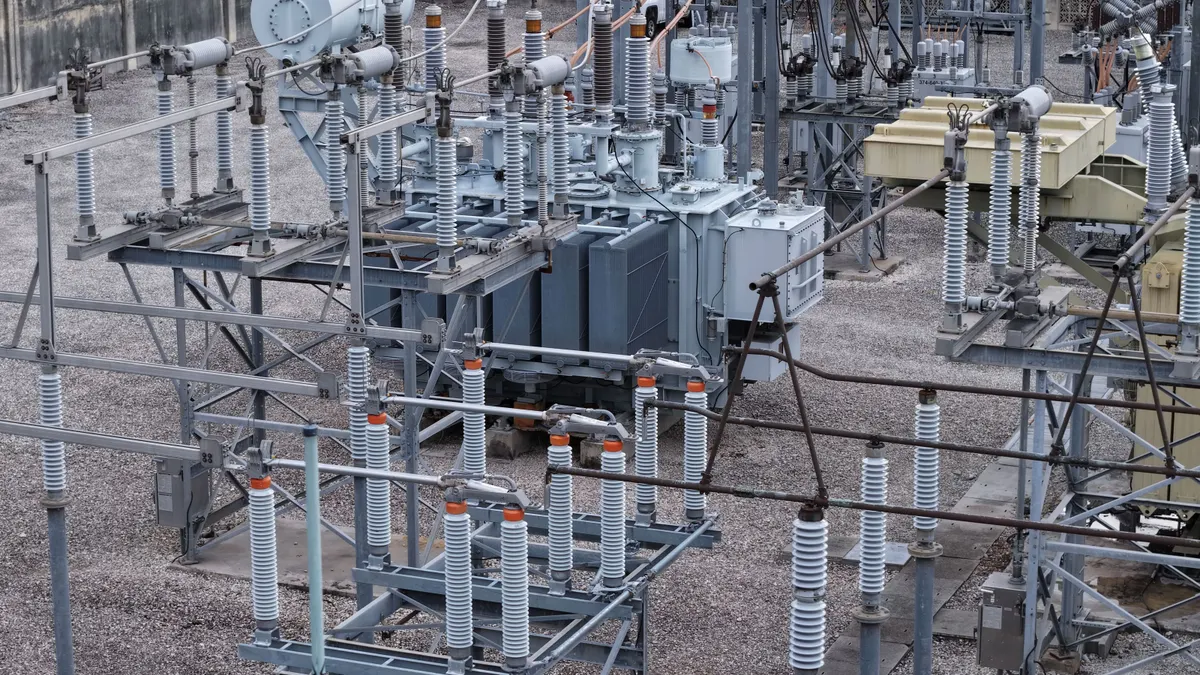A group of 21 Democratic members of the U.S. House of Representatives on Wednesday urged the PJM Interconnection to make it easier to bring power supplies online, a move they said could help lower electricity costs.
In some parts of PJM, consumers face electric rate increases of more than 20% at a time when many people are struggling to keep up with the cost of living, according to the lawmakers.
“These rate increases are unaffordable and necessitate that PJM respond effectively to pursue reforms to the interconnection process that would address and prevent current and future rate hikes,” the lawmakers said in a letter, which was led by Rep. Don Beyer, D-Va.
The letter comes amid growing concerns about data center growth, which may contribute to rising electricity bills through transmission costs and their use of large amounts of electricity.
Also, the Federal Energy Regulatory Commission in July ruled that PJM failed to fully meet the agency’s new requirements for how grid operators interconnect power supplies. FERC told PJM to address a range of issues, including the agency’s requirements that interconnection studies reflect the planned charging behavior of battery storage projects and that they include an evaluation of grid-enhancing technologies.
“It's concerning that when battery storage projects are a low-cost technology and quick way to add capacity to the existing grid, PJM insists on relying … on outdated and conservative charging assumptions to unfairly make battery projects uneconomic,” the lawmakers said.
Grid-enhancing technologies, also called alternative transmission technologies, can be installed more quickly and at lower costs compared to traditional network upgrades, according to the lawmakers.
“Failure to consider them leads to projects paying unnecessarily high grid upgrade costs, projects dropping out of the queue, and customers paying unjust and unreasonable rates,” they said. “This failure has contributed to the capacity auction shortfalls and higher prices we are seeing today.”
PJM is set to respond to FERC’s decision on Oct. 22.
The lawmakers also said PJM should consider additional interconnection reforms.
“Other grid operators have seen great results come from so-called connect and manage techniques, and PJM should work to make its energy-only interconnection pathway, the Energy Resource Interconnection Service, easier to use and faster than alternatives,” the lawmakers said.
The lawmakers also said they were concerned that PJM was favoring gas-fired power plants over other forms of generation and that it was considering expanding avenues for certain proposed generating resources to avoid the grid operator’s standard interconnection process.
As part of its fast-track stakeholder process considering rules for interconnection data centers and other large loads, PJM floated an “expedited interconnection track” for state-supported power projects larger than 500 MW. The fast-track review process would be open for 10 projects a year. The proposal is in addition to PJM’s one-time, fast-track Reliability Resource Initiative, which totals 9.4 GW of mainly gas and battery projects.
“We fear that a focus on new queue-jumping fast tracks for certain resource types or projects serving certain customers betrays a lack of seriousness in fixing the regular-order queue,” the lawmakers said.
Action in Pennsylvania
Meanwhile, Pennsylvania state legislators are also focused on PJM.
Democratic Sens. Nick Pisciottano and Nick Miller on Wednesday said they plan to introduce a resolution directing the Pennsylvania Joint State Government Commission to study their state’s participation in PJM.
The study would consider various issues, including alternative electricity delivery options and whether reforms such as state representation on PJM’s board or expanded state filing rights with federal regulators would benefit Pennsylvania.
Democratic House Rep. Robert Matzie plans to issue a similar resolution.
Despite the moves by lawmakers in Pennsylvania, New Jersey and Illinois to study possible exits from PJM, it’s “extremely unlikely” that any state leaves the grid operator, analysts at Capstone, a research firm, said in a note Tuesday.
Separately, state Sen. Gene Yaw, chairman of the Pennsylvania Senate Environmental Resources and Energy Committee, along with Senate Majority leader Joe Pittman, and 15 other senators — all Republicans — urged PJM to be fuel agnostic in a letter sent to the grid operator on Tuesday.
The letter was in response to an earlier request by members of the National Caucus of Environmental Legislators that PJM take steps to enable clean energy resources to meet expiring federal tax credit deadlines.
“While wind, solar and other intermittent sources of energy have a place in our energy portfolio, they are not capable of baseload power generation or on-demand energy delivery,” the Republican lawmakers said.



